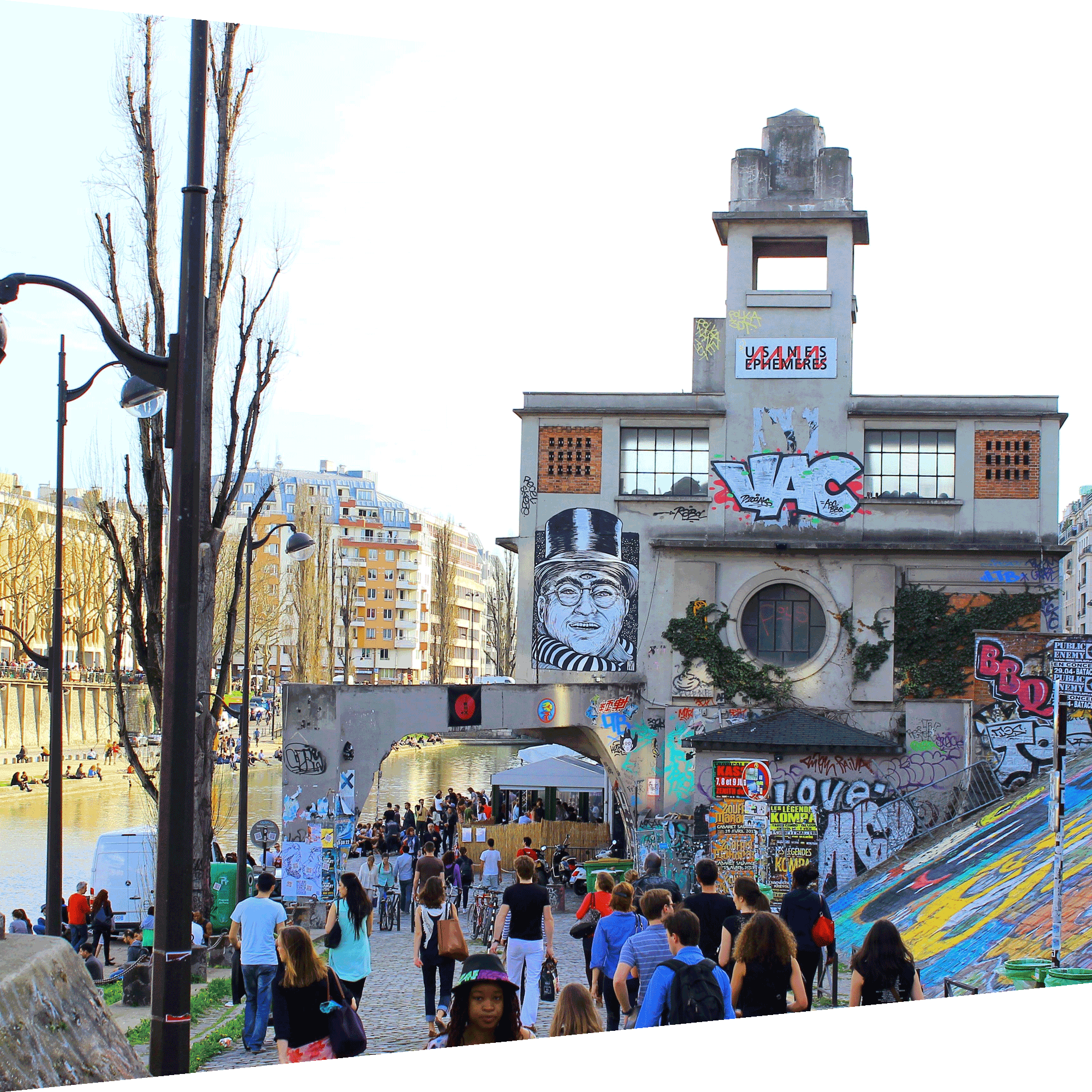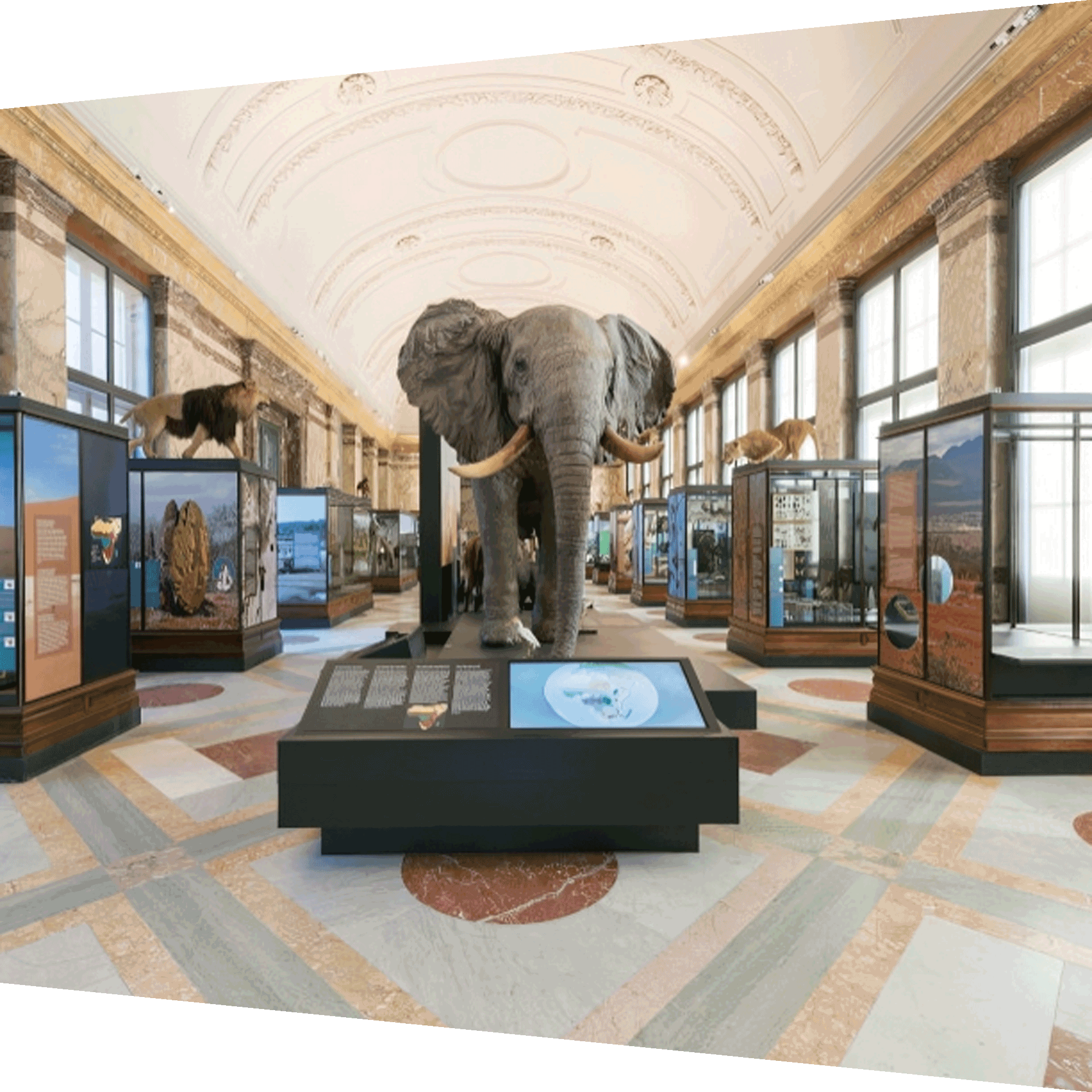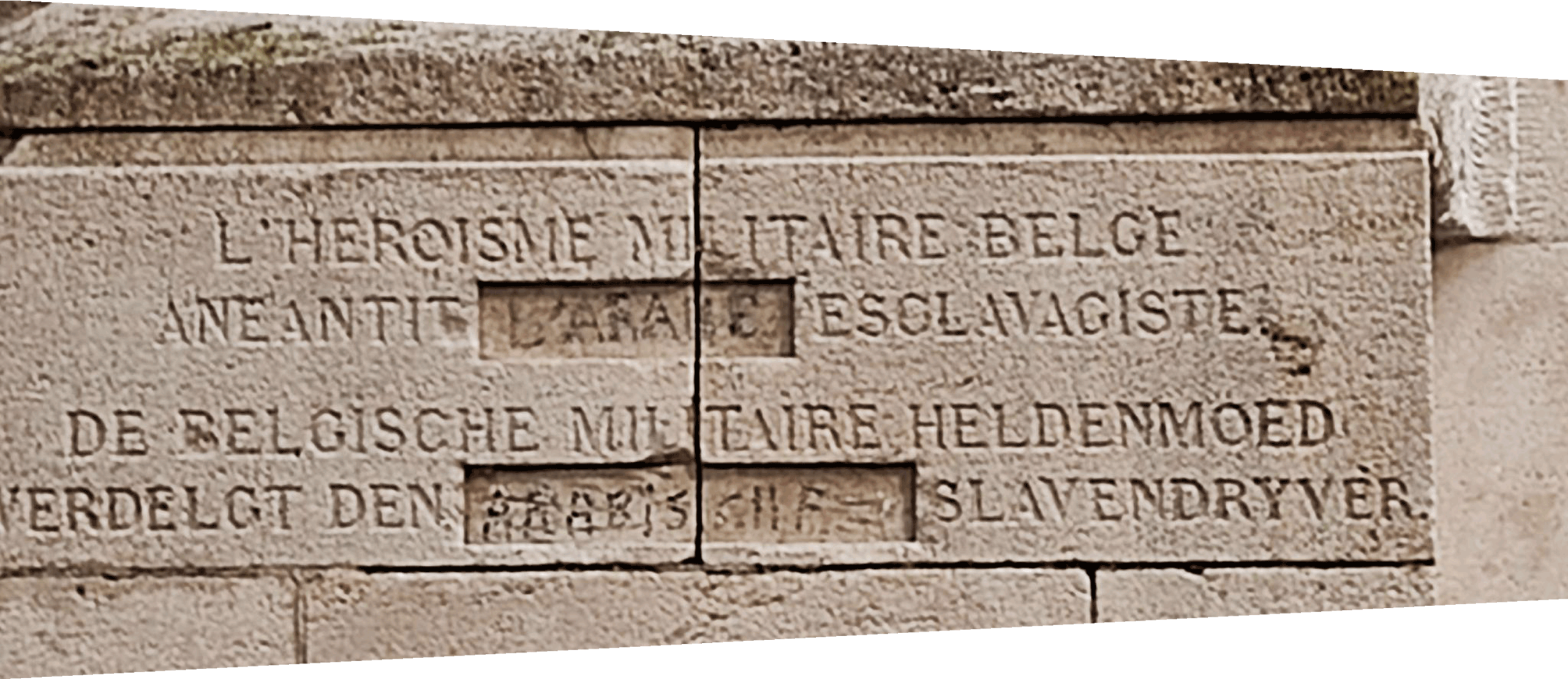The project
CONCILIARE is a scientific and interdisciplinary research project funded by the European Research Executive Agency (HORIZON-CL2-2023-HERITAGE-01-04; 2024-2027).
CONCILIARE stands for Confidently Changing Colonial Heritage, aiming to explore the complex and often unsettling landscape of Europe’s colonial memory. At its core, CONCILIARE studies the ongoing transformations in colonial cultural heritage in six European countries: four with a long-lasting colonial tradition –Belgium, Italy, the Netherlands, and Portugal– and two without a direct historical connection to overseas colonial expansion: Croatia and Finland.


Different countries and different focuses. CONCILIARE develops its research across four specific domains: textbooks, public spaces, museums, and the cultural consumption of products and traditions. Therefore, CONCILIARE aims to travel across Europe’s vast cultural diversity, engaging with and alongside a wide range of ethnic, political, generational, and socioeconomic groups and stakeholders.
Finally, CONCILIARE is not only about research; it is also about action: about giving something back to the community, particularly to the most vulnerable groups and other ethnic and cultural minorities. In addition to developing its research on colonial memory and emotions, the project also aims to propose four different practical methods to build confidence in the ongoing cultural changes in colonial heritage. It’s quite an undertaking. Are you in?
Historical contextualization



Representations of colonial cultural heritage have changed significantly over the last few decades. These changes can even be traced back to the mid-20th century, coinciding with the decline of colonial empires and the increasing migration of peoples from former European colonies. The decolonization process fundamentally altered the socio-political landscape, prompting Europeans to confront their colonial pasts and the implications for national and cultural identity.
As the 21st century unfolded, the political culture of Europe continued to evolve, marked by a rapid transition from consensus to conflict, and from homogeneity to diversity. These changes, also shaped by globalization as a transnational and transcultural phenomenon, meant that marginalized and racialized people began to publicly reclaim their identities, often in the face of persistent social and material injustices, largely rooted in colonial structures.
Resistance to the official and hegemonic colonial memory has always existed, even within Europe and during the height of colonialism. What is new in contemporary politics is that these complex and often intersectional struggles –which includes from feminism to sexual and ethnic minorities, in addition to a wide range of social movements against climate change– are taking place in the framework of democratic and multicultural societies. Changes in colonial cultural heritage are also being contested by various ethnic majority groups, often identified as native Europeans, giving shape to new power dynamics that remain directly linked to the enduring legacies of colonialism.
